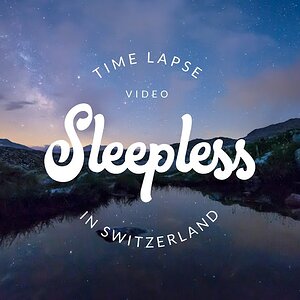With the April 8, 2024 total solar eclipse coming up I thought this thread might see a bit more traffic.
Here's what I found about filters. The ND filter is not recommended for solar photography or observation because it doesn't attenuate the invisible but highly damaging IR and UV from the sun. An ND 1000 filter is not nearly enough anyway, and not safe at all. No variable density filters either.
The nearly universal recommendation is to use real, "certified" solar filters, and the sheet stock seems to be the economical way to go. You can get a 10x10" sheet of the real solar filter material for about $20. You can cut your own camera filter, binoculars or telescope filter too. Sunglasses are useless here too, so the cardboard eclipse glasses are essential, and so cheap, why take a chance?
Do not try to use a typical sub $100 H-Alpha filter! Wrong tool for solar imaging, and not safe. The simply pass way to much spectrum. The correct H-Alpha filter is very expensive, and passes a tiny fraction of the spectrum that the cheaper H-Alpha filters do, and costs easily 12X as much. Not worth it for the only total eclipse you'll see in your lifetime.
Don't spend the eclipse looking at your camera either. The best viewing experiences have been reported by those using binoculars, and with the filters off during totality. Note: that's during totality only, and that lasts just a few minutes depending on location. Otherwise, binoculars need the filters!
Photographers should note that the corona visible during totality has about a 12-stop range, so bracket.
The usual cautions too: Don't look at the sun directly, ever. You must use the correct solar filter glasses or filters.
Don't point a camera at the sun, the intense energy will damage shutters, sensors, and other camera parts. Again, solar filters only.
Do not use a solar filter behind the lens, even if you have a lens with a filter stage.
When shooting an eclipse you'll need the filter in place for every stage except during totality, when you absolutely need to take it off.
And, apparently this has to be said...no flash needed, wanted, or appreciated by any other observers. Just no flash. None.
Best article I found:




![[No title]](/data/xfmg/thumbnail/39/39193-6ebc8ca9478a68b5fe2120c2163f40d3.jpg?1734173069)






